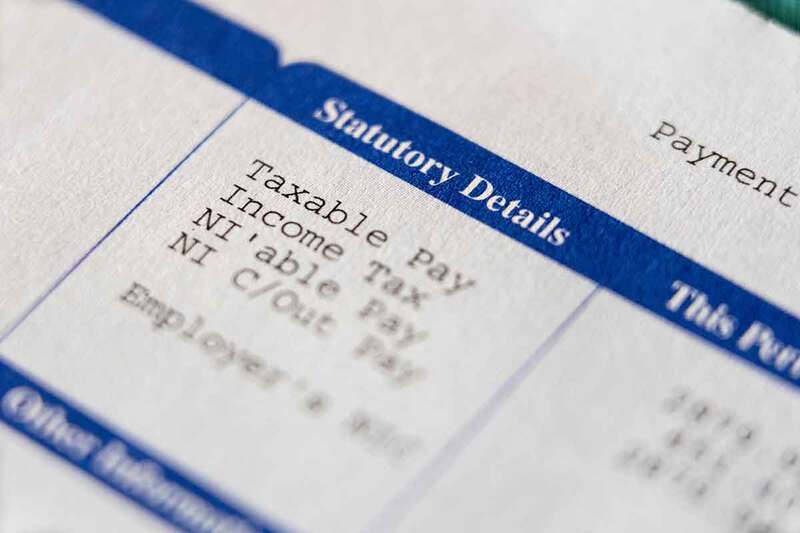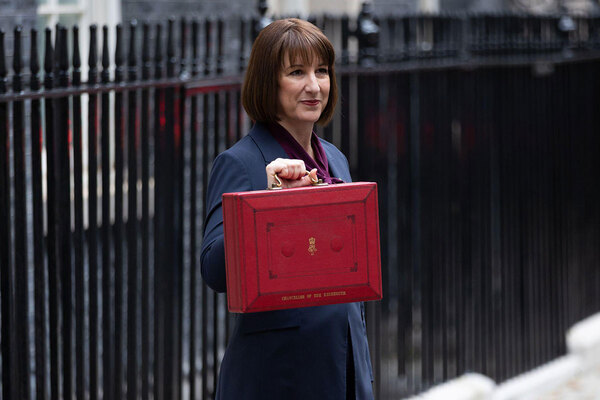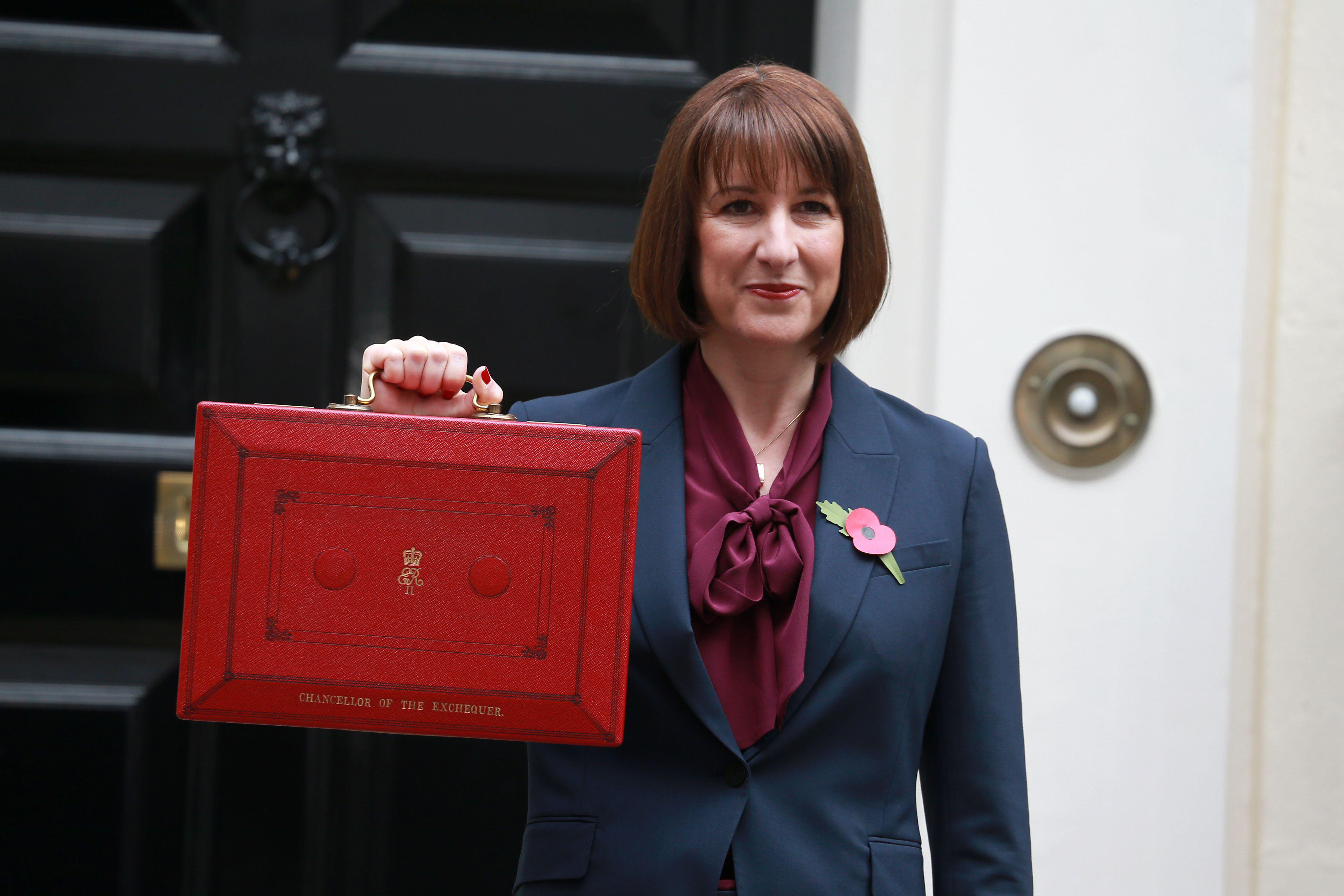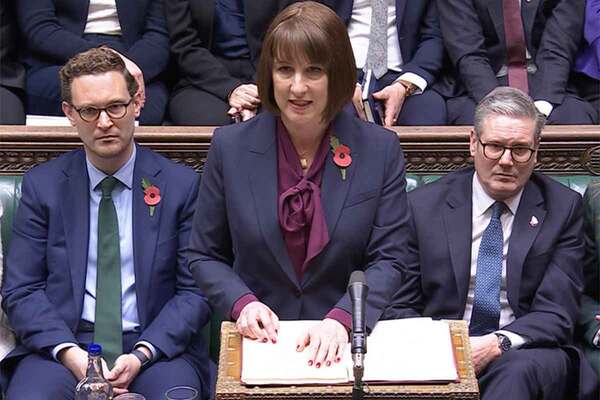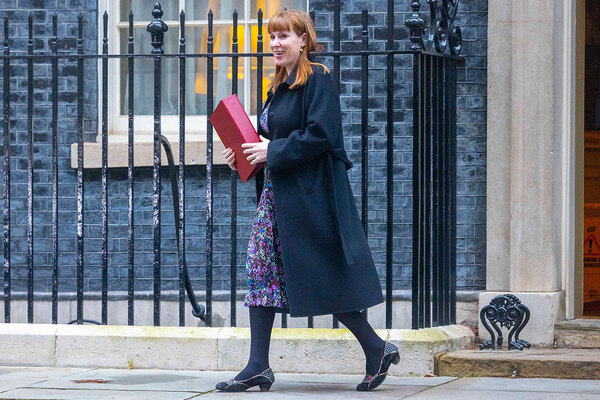National Insurance increase to cancel out rent-rise income for many housing associations
The National Housing Federation (NHF) has warned that the increase in National Insurance (NI) contributions will mean many housing associations will lose the additional revenue from the proposed rent settlement.
Sector trade bodies and housing associations have warned of the impact of the changes to NI contributions for employers, announced in the Budget. From 6 April, the rate will increase from 13.8 to 15 per cent and the per-employee threshold at which employers become liable to pay will be lowered to £5,000.
Alistair Smyth, director of policy and research at the NHF, said the trade body was aware of cases where, for some organisations, the increase in NI contributions will be “almost equivalent to their annual surplus”.
He also said the additional revenue from the proposed rent settlement, which would permit rises of the Consumer Price Index (CPI) plus one per cent for at least five years, will be “lost” for many.
“We will continue to work with housing associations to further understand the impact, and we will be highlighting this as part of our response to the consultation on social housing rents,” Mr Smyth said.
“Alongside this, we will be engaging with the government to see what exemptions can be given to supported housing providers and organisations that provide homelessness services, and make the case for housing associations to have their contributions reimbursed like other public sector organisations, to ensure the viability of much-needed schemes.”
Mr Smyth highlighted that the changes will add to the “financial burden” social landlords face.
He said: “The social housing sector is facing huge financial pressures due to decades of cuts and rising costs. Increased employer NI contributions will add to this financial burden and challenge the viability of some services, particularly supported housing and care services that rely on high levels of staffing.”
A G15 spokesperson said initial analysis from across the group of London’s largest housing associations showed that the increases in NI contributions will cost its members “at least £30m in total”.
Paul Walsh, chief finance officer at West Midlands-based Bromford, said the 47,000-home landlord expected the direct impact of the increased NI contributions to be in the region of £1.9m.
In addition, the increase in the national minimum wage (NMW) will add a further £300,000 to the provider’s cost base.
The Autumn Statement confirmed increases across the NMW and National Living Wage in line with recommendations from the Low Pay Commission.
This meant the net financial impact of both the employer NI and wage changes will be at least £2.2m and “likely significantly higher”, Mr Walsh said.
He added that there would also “almost certainly be” cost increases across the range of goods and services Bromford purchases, because the NI changes will also hit the landlord’s suppliers.
As an approximate calculation based on Bromford’s reported social housing letting turnover of £266m in March 2024, the one per cent increase in rents above CPI over the five-year rent settlement period provided around £15m in rent uplift, Mr Walsh said.
Of this, an absolute minimum of around £11m will be lost to the increase in NI and the minimum wage over the same period, he said.
“This just adds to the continued pressure on the costs of housing associations and supports the need for a longer-term rent settlement agreement to aid future financial planning certainty.”
Mr Walsh added that Bromford will continue to look to “optimise” its internal processes to offset additional costs and protect frontline services for customers.
Scott Martin, executive director of resources at Karbon Homes, said the changes in employers’ NI contributions will cost the landlord £1.2m in 2024-25, which will be equivalent to around 30 per cent of the rent increase for 2025-26.
He said this only took into account the costs against its own staff, not the expected increase in prices from subcontractors he believes may factor the uplift into their quotes for works.
Mr Martin said the £1.2m was an additional cost on top of having to spend more on building safety, net zero and legislation changes.
Taken together, these costs meant the North East and Yorkshire-based landlord will probably reduce its development aspirations to continue to focus on investment in existing homes, Mr Martin said.
“The ever-changing and growing regulatory demands on our sector are bringing with them additional cost pressures, which are driving us to direct more of our resources towards our existing homes and customers,” he added.
“Reluctantly, this is having a knock-on impact on our ability to deliver on our development aspirations. So, unless anything changes, a reduction effectively in development aspirations at the current grant levels that we have is likely to be the case.
“As a sector, our commitment to existing customers is our top priority, but this shouldn’t be to the detriment of those people waiting on the social housing waiting lists across our regions.”
Mr Martin added that Karbon welcomed “the certainty and security” from the proposed rent settlement. But he said the housing association’s submission to the consultation will also mention that the provider needs additional support from the government, for example for decarbonisation, building safety, development and preparing for Decent Homes 2.
Similarly, Notting Hill Genesis (NHG) said the NI increase represented “a significant increase” in costs for the G15 landlord and “offsets much of the additional income” it will receive from the five-year CPI plus one per cent rent settlement.
The housing association said its initial analysis showed it will cost the landlord around £1.9m, “hindering our ability to revive much-needed development”.
The landlord said the consultation on a five-year rent settlement was a step in the right direction, but was “the bare minimum that the sector needs, especially now with the increase in National Insurance”.
“We welcome the government’s consultation on further potential measures and will strongly advocate for at least a 10-year settlement, which will provide the long-term stability and confidence required to continue our investment programme and support the government’s target of delivering 1.5 million homes,” the NHG spokesperson said.
Southern Housing said the changes in employers’ NI contributions will cost the 77,000-home group an estimated £2.5m per year.
In its submission on the rent-settlement consultation, the group said it will still be asking for a long-term rent settlement beyond five years.
“It’s another cost pressure on us and the rest of the sector at a time when we’re already retrenching and new development numbers are already well below the level required to deliver government’s stated ambitions,” a spokesperson said.
“Our focus is to continue delivering our commitments effectively.”
Fiona Humphrey, chief executive of Providence Row Housing Association (PRHA), said the landlord was “gravely concerned” about the impact of the NI changes, especially for smaller registered providers that provide supported housing. PRHA is an east London housing association that provides and manages around 500 social homes, including supported accommodation homes.
Ms Humprey said the association employed large numbers of staff for its support contracts, so the impact of NI changes alone was estimated at around £70,000 next year. This is 8.5 per cent of the provider’s surplus and total comprehensive income in 2023-24 (£828,000).
Ms Humphrey said: “On already diminished operating margins, this is significant. We can’t reduce staffing in 24/7, high-support services for rough sleepers.”
Paul Edwards, chief executive of CHP, said the NI changes will cost the Essex-based landlord around £400,000 per year. He said the reintroduction of rent convergence was “essential” and “is needed more than ever” if housing associations were to have the capacity to deliver the government’s 1.5 million-homes target.
Mr Edwards said the housing association, which manages over 10,500 homes, was considering a number of ways to mitigate this extra cost, including whether it could do more with salary sacrifice schemes, for example.
“There is no doubt though that, across the sector, this increased cost will put more pressure on housing associations’ finances, at a point where the sector has more pressures than ever,” he said.
“We have a constant focus on driving efficiencies across CHP, but you can equate the £400,000 extra NI bill to two homes that we can’t build next year.”
Ed Farnsworth, deputy group finance director at L&Q, said the change to employer NI contributions was not a cost the 105,000-home landlord had in its financial plans, so it “puts further unexpected pressure on our finances”.
“Coupled with wider cost pressures, this means it’s even more critical that HAs secure a minimum 10-year rent settlement, and we also need the reintroduction of a rent convergence mechanism,” he said.
Gavin Smart, chief executive of the Chartered Institute of Housing, said the changes to employers’ NI contributions presented a “significant financial burden for many housing providers and partners”. Organisations now faced “substantial added costs which they had not budgeted for”, he said.
“We will reflect on the latest developments in preparing our response to the newly published social rent policy consultation and forthcoming Spending Review, as we explore how the sector can work with the government to help it achieve its ambitions,” Mr Smart said.
Elsewhere, a Scottish social housing provider that preferred not to be named told Social Housing that, based on an assessment of the current year’s budgets, the changes in employers’ NI contributions will cost in excess of one per cent of its total rental income, amounting to several hundreds of thousands of pounds per year.
“I suspect the initial estimates are quite conservative, as, at the moment, we can only accurately predict the direct cost of our labour force. In truth, once you take wider supply chain costs into consideration, the ripple effect of this change will be far bigger,” the landlord said.
RELATED
